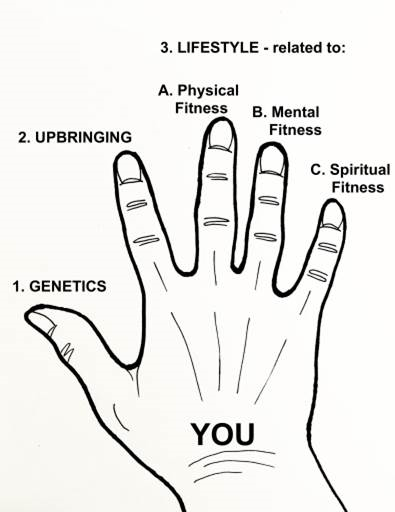How Anxiety Affects Your Blood Pressure
ADV Care2024-07-10T14:52:31-04:00Anxiety and Blood Pressure: Understanding the Connection
Moments of stress and anxiety can quickly elevate your heart rate and cause temporary spikes in blood pressure. This phenomenon has led many to question whether chronic anxiety can contribute to long-term hypertension. Let’s explore the link between anxiety and blood pressure, and understand if one condition increases the likelihood of developing the other.
Can Anxiety Cause High Blood Pressure?
Periods of high stress, anxiety, or panic attacks can lead to temporary rises in blood pressure and heart rate. When you experience anxiety, your body releases hormones such as adrenaline and cortisol, which increase heart rate and blood pressure. These short-term spikes in blood pressure are common and typically not harmful on their own. However, chronic anxiety and frequent spikes in blood pressure can lead to damage over time, similar to the effects seen in individuals with hypertension.
The Impact of Chronic Anxiety on Blood Pressure
While occasional anxiety-induced blood pressure spikes do not cause long-term hypertension, the frequent occurrence of these spikes can damage blood vessels and place additional stress on the heart and kidneys. This cumulative effect can contribute to the development of chronic high blood pressure.
Moreover, anxiety can lead to unhealthy lifestyle habits that further increase the risk of hypertension, such as:
– Smoking or vaping
– Excessive alcohol consumption
– High caffeine intake
– Poor diet and overeating
– Sedentary lifestyle
– Inadequate sleep
– Non-adherence to prescribed medications for high blood pressure
In rare cases, certain anti-anxiety medications, such as serotonin and norepinephrine reuptake inhibitors (SNRIs), can cause an increase in blood pressure. If this occurs, healthcare professionals may need to adjust your medication.
Reducing Anxiety to Prevent High Blood Pressure
Managing anxiety effectively can help prevent high blood pressure. Here are six strategies to reduce both anxiety and blood pressure:
1. Exercising Regularly: Engaging in physical activity releases endorphins and hormones that lower anxiety and blood pressure. Aim for 15 to 30 minutes of exercise most days, such as walking, jogging, or yoga.
2. Practicing Mindfulness: Mindfulness techniques, including deep breathing and meditation, can slow your heart rate and reduce the physical symptoms of anxiety.
3. Getting Adequate Rest: Quality sleep is crucial for mental and physical health. Aim for 7 to 9 hours of sleep per night to lower stress and maintain normal blood pressure levels.
4. Eating a Healthy Diet: Opt for a balanced diet with fruits, vegetables, lean proteins, and whole grains. Avoid high-calorie, high-fat foods that can increase blood pressure and anxiety.
5. Limiting Alcohol: While moderate alcohol consumption may not be harmful, excessive drinking can elevate blood pressure and worsen anxiety.
6. Taking Supplements: Some supplements, like magnesium, have been shown to reduce anxiety and lower blood pressure. However, more research is needed to confirm their effectiveness.
Can High Blood Pressure Cause Anxiety?
Just as anxiety can cause spikes in blood pressure, having high blood pressure can also lead to anxiety. Concerns about the implications of hypertension and the need for medication can increase anxiety levels. It’s important to discuss these concerns with your healthcare provider, as they can offer reassurance and help manage any side effects from blood pressure medications.
When to Consult a Healthcare Professional
Anxiety and high blood pressure can sometimes indicate an underlying medical issue. It’s essential to seek medical advice if you experience:
– Frequent or disproportionate anxiety
– Persistent high blood pressure readings at home
– Anxiety that interferes with daily activities
– Anxiety that doesn’t resolve over time
While some anxiety is a normal part of life, chronic anxiety can impact your quality of life and overall health. Your healthcare provider can help you manage both anxiety and blood pressure effectively.
Anxiety can lead to temporary increases in blood pressure, but there’s insufficient evidence to suggest it directly causes long-term hypertension. However, frequent anxiety-induced spikes can still pose health risks. If you’re concerned about your anxiety and its impact on your blood pressure, consult with your primary care provider. They can provide safe strategies to improve both your mental and physical health.









